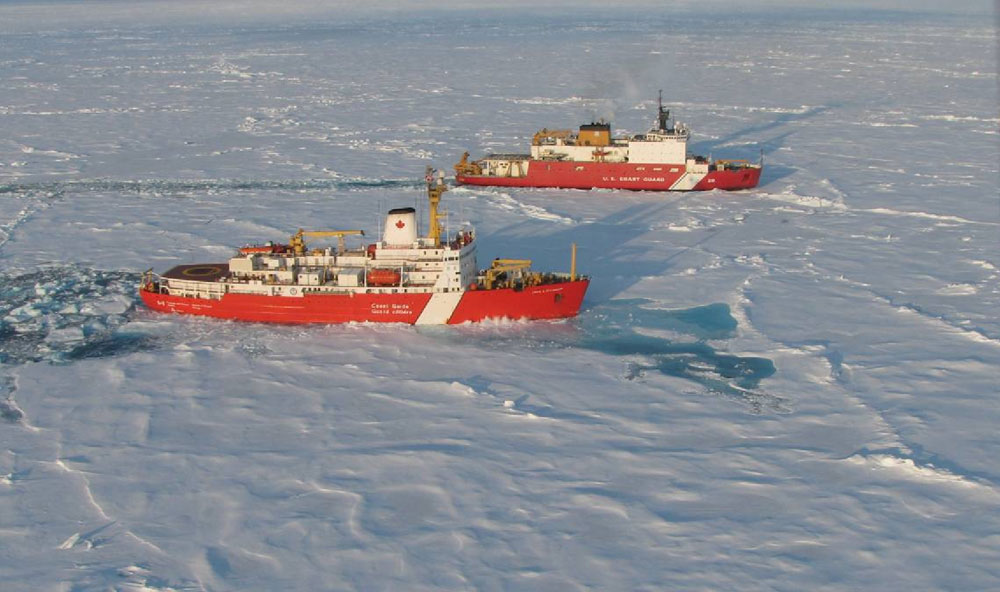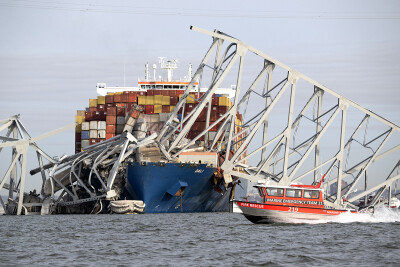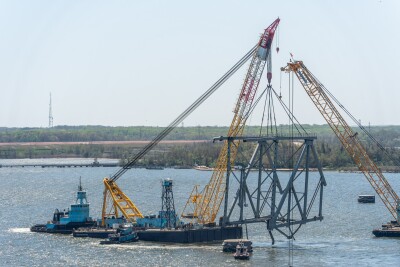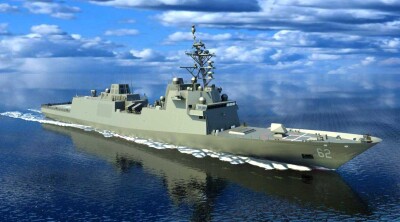Faced with an aging coast guard fleet and concerns over the St. Lawrence River, the Canadian government announced its intent to purchase and convert three icebreaker anchor handling tugs.
The government issued an advanced contract award notice June 22 to Chantier Davie, Levis, Quebec, operator of the Davie shipyard in Quebec, allowing just two weeks for other shipyards to make competing offers.
The deal, which sources told Canadian news media could be worth almost $500 million, would involve purchase and conversion of tugs that had been intended for Arctic oil exploration.
Officials with Public Services and Procurement Canada said the replacement vessels are “essential to ensuring that Canadian ports remain open during Canada’s ice seasons,” working in southern ports and the Great Lakes during winter and the high north during the Arctic summer.
The decision could also assuage worries in Quebec about the future of 1,300 jobs at the Davie shipyard, which like its U.S. counterparts has experienced a downturn in recent years.
The problem was underscored during the intense cold of early January 2018, when the icebreaker Terry Fox suffered a mechanical breakdown that prevented it from assisting a ferry stuck in ice between Levis and Quebec City. The Davie shipyard, which had laid off 400 workers before Christmas, offered its own icebreaking tugs to assist, and told government officials it could put workers back on the job building new vessels.
The Canadian decision could spur renewed debate in the U.S. Congress, where some lawmakers have called for the Coast Guard to lease ice-capable civilian ships as backups to its two sole polar vessels, the heavy icebreaker Polar Star and the medium icebreaker Healy. A new class of heavy icebreakers is to start construction in 2019 but the first ship will not be commissioned until the 2020s.





